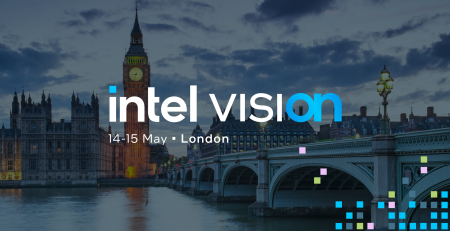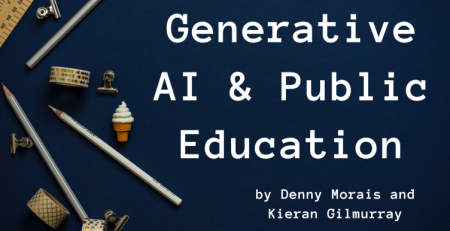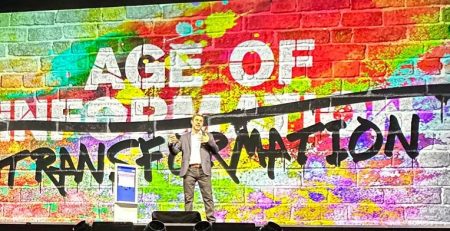Embracing Responsible AI: A Necessity in Today’s World
Artificial intelligence (AI) is not a futuristic concept confined to science fiction. Today, AI is woven into the fabric of our daily lives, powering everything from personalized movie recommendations to predictive analytics in healthcare.
While its potential to revolutionize industries is undeniable, wielding this powerful tool comes with a weight of responsibility. This concept, known as responsible AI, refers to the ethical and transparent development, deployment, and usage of artificial intelligence technologies.
Responsible AI is committed to harnessing the power of AI for the benefit of the greater good, while carefully avoiding infringements on individual rights or exacerbating societal inequalities.
Why is Responsible AI Non-Negotiable for Businesses?
According to a study published by PwC on January 15, 2024, 70% of CEOs believe AI will create significant value and competitive advantage. Yet, the same publication also revealed business organizations concerns of potential AI biases. Ignoring these concerns while solely chasing AI’s benefits is a recipe for disaster.
The consequences of neglecting responsible AI are far-reaching.
Biased algorithms can perpetuate discrimination in hiring practices, loan approvals, and criminal justice systems. A ProPublica investigation found that a widely used AI tool for recidivism risk assessment significantly overestimated the risk of committing a future violent crime for black defendants by 77% and was 45% more likely to be predicted to commit a future crime of any kind compared to white defendants. Such instances erode public trust and breed ethical concerns that businesses simply cannot afford to ignore.
Responsible AI has demonstrated its indispensability in numerous real-world applications. For instance, IBM Watson for Oncology serves as a prime example, where this AI-driven platform successfully assists oncologists in devising treatment plans for cancer patients. It not only enhances the accuracy of diagnoses but it also personalizes patient care.
Another example, is Zipline, which leverages AI in its drone delivery system for medical supplies. This has revolutionized healthcare logistics, especially in remote areas with limited access to essential medical supplies.
Despite the potential of responsible AI, only 4% of companies have a cross-functional responsible AI team. Moreover, 55% of companies still need to hire specific roles for responsible AI, such as risk officers, privacy, regulation, and policy compliance support analysts.
The Current Landscape of Responsible AI is Promising Yet Nascent.
Many organizations, including the European Union and the IEEE Global Initiative for Ethical Considerations in Artificial Intelligence and Autonomous Systems, are laying down ethical frameworks and best practices.
However, the challenge lies in translating these principles into tangible action.
Many businesses need help integrating responsible AI into their existing structures and workflows. This highlights A gap between recognizing the importance of responsible AI and its successful implementation.
Leading your organization to responsible AI | McKinsey
This is Where a Choice of Architecture Framework for Responsible AI Comes in!
A architecture framework is a decision-making blueprint that guides businesses towards responsible AI implementation. The process begins by identifying the context and stakeholders involved in an AI project. Whether you are developing a facial recognition algorithm or a customer service chatbot, each context requires a tailored approach. This ensures that ethical considerations are appropriately addressed in every scenario.
The next step in the framework emphasizes the importance of understanding the potential risks and harms associated with AI systems. This involves conducting comprehensive bias audits and vulnerability assessments to identify potential pitfalls before deployment.
Transparency plays a crucial role in this process; businesses must be upfront about their AI systems’ limitations and potential biases.
Finally, the framework encourages the implementation of safeguards and mitigation strategies. This could involve establishing clear oversight mechanisms, fostering a culture of accountability within the organization, and actively engaging stakeholders in the development and deployment process. These measures ensure that the AI system operates responsibly, minimizing potential harm while maximizing benefits.
Five Core Principles of Responsible AI:
A Strategic Move Towards Embracing Responsible AI
Businesses can build trust with their customers, employees, and the broader community by prioritizing fairness, transparency, and accountability. This, in turn, translates to a more sustainable and resilient future for all.
The path to responsible AI implementation might seem daunting, but the potential rewards are immense. According to another study by PwC, AI will contribute up to $15.7 trillion to the global economy by 2030.
By taking proactive steps and adopting a comprehensive choice architecture framework, businesses can harness the power of AI responsibly, paving the way for a future where technology serves humanity, not the other way around.
The question is not whether to embrace responsible AI but how quickly and effectively. Are you ready to chart the course?
Sources:
Are you an AI fanatic too? Read my Generative AI series here to dive deeper into the subject.









Leave a Reply